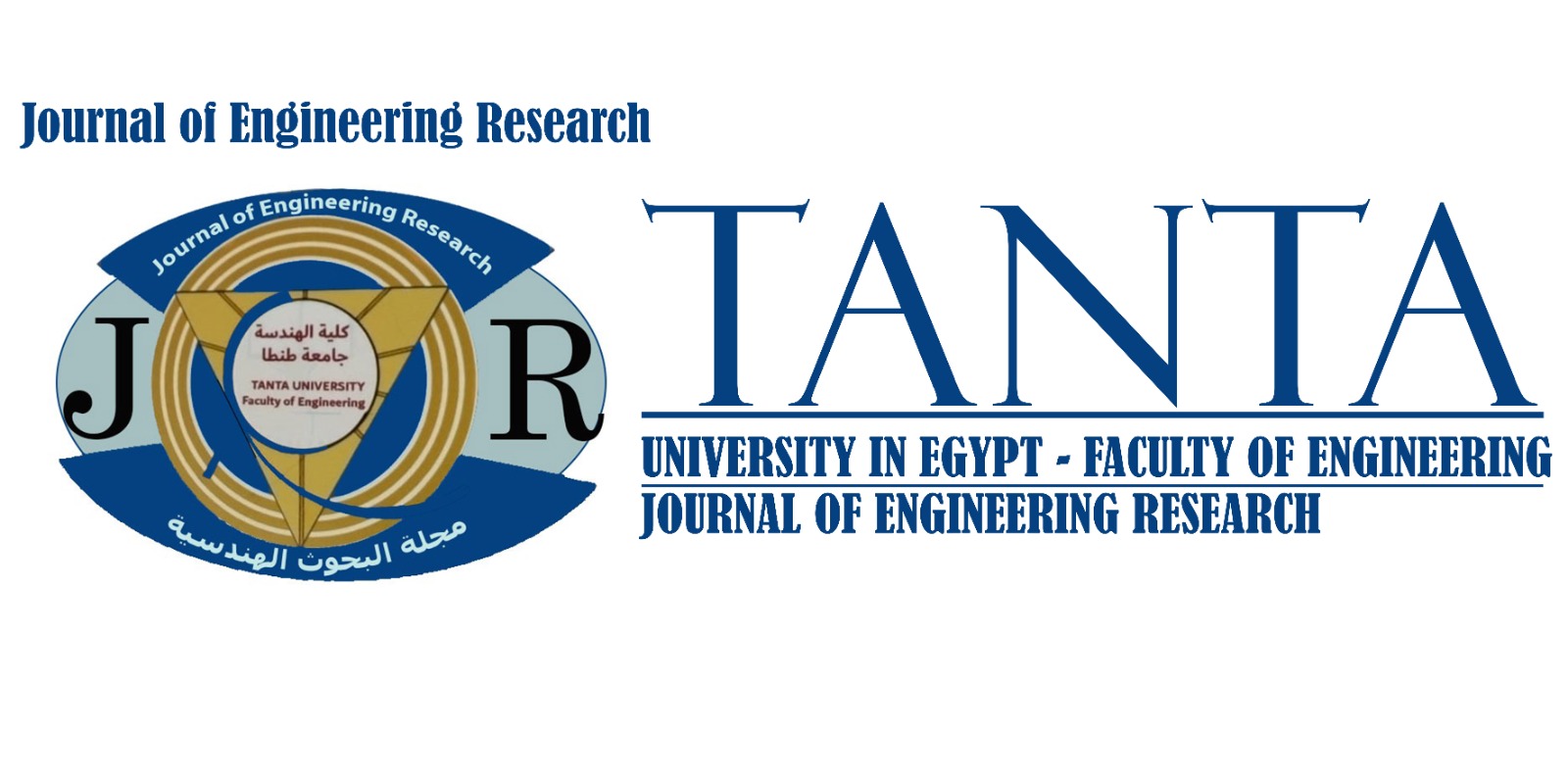Journal of Engineering Research

Abstract
The escalating threat of water scarcity, coupled with the inclusion of numerous countries in the list of water-scarce nations, has elevated the issue of water availability to a paramount concern in today's global landscape. Freshwater sources are becoming increasingly scarce, with their proportional decline steadily progressing. Consequently, a growing number of nations have resorted to the desalination of seawater as a viable solution. In response to this critical need, a surge of studies and research endeavors has been dedicated to the development and refinement of desalination processes. One of the most promising innovations in this field is Humidification-Dehumidification (HDH) desalination technology. This paper aims to delve into the potential of HDH desalination technology and its integration with another advanced desalination method known as a hybrid system. By combining these two distinct approaches, it becomes possible to not only enhance productivity but also address certain limitations inherent in each technology. In this paper, we provide an overview of various desalination processes, shedding light on their classifications and characteristics. Our primary focus, however, lies in exploring how HDH desalination technology can be effectively harmonized within a hybrid system to maximize efficiency and mitigate shortcomings observed in individual technologies. The integration of HDH with existing desalination methods has demonstrated notable success, as evidenced by numerous research studies in the field. This research underscores the significance of hybridization in advancing HDH sustainability practices within the desalination sector, ultimately contributing to the global effort to combat water scarcity.
Recommended Citation
Elazab, A.E. Kabeel, Maher Rashad Salem, hamouda Abueldahab, mohamed elhadidy, M.A.
(2023)
"A Review of Hybrid Humidification and Dehumidification Desalination Systems,"
Journal of Engineering Research: Vol. 7:
Iss.
5, Article 11.
Available at:
https://digitalcommons.aaru.edu.jo/erjeng/vol7/iss5/11

